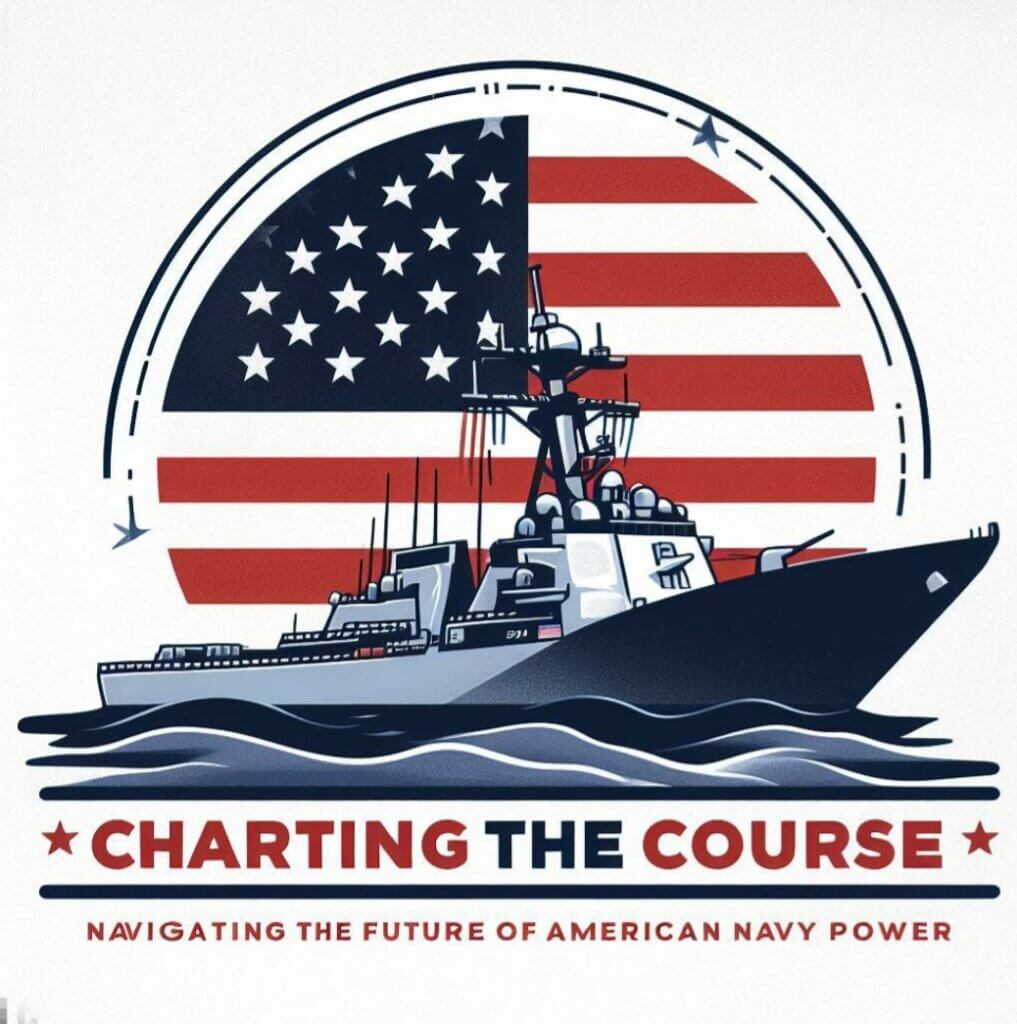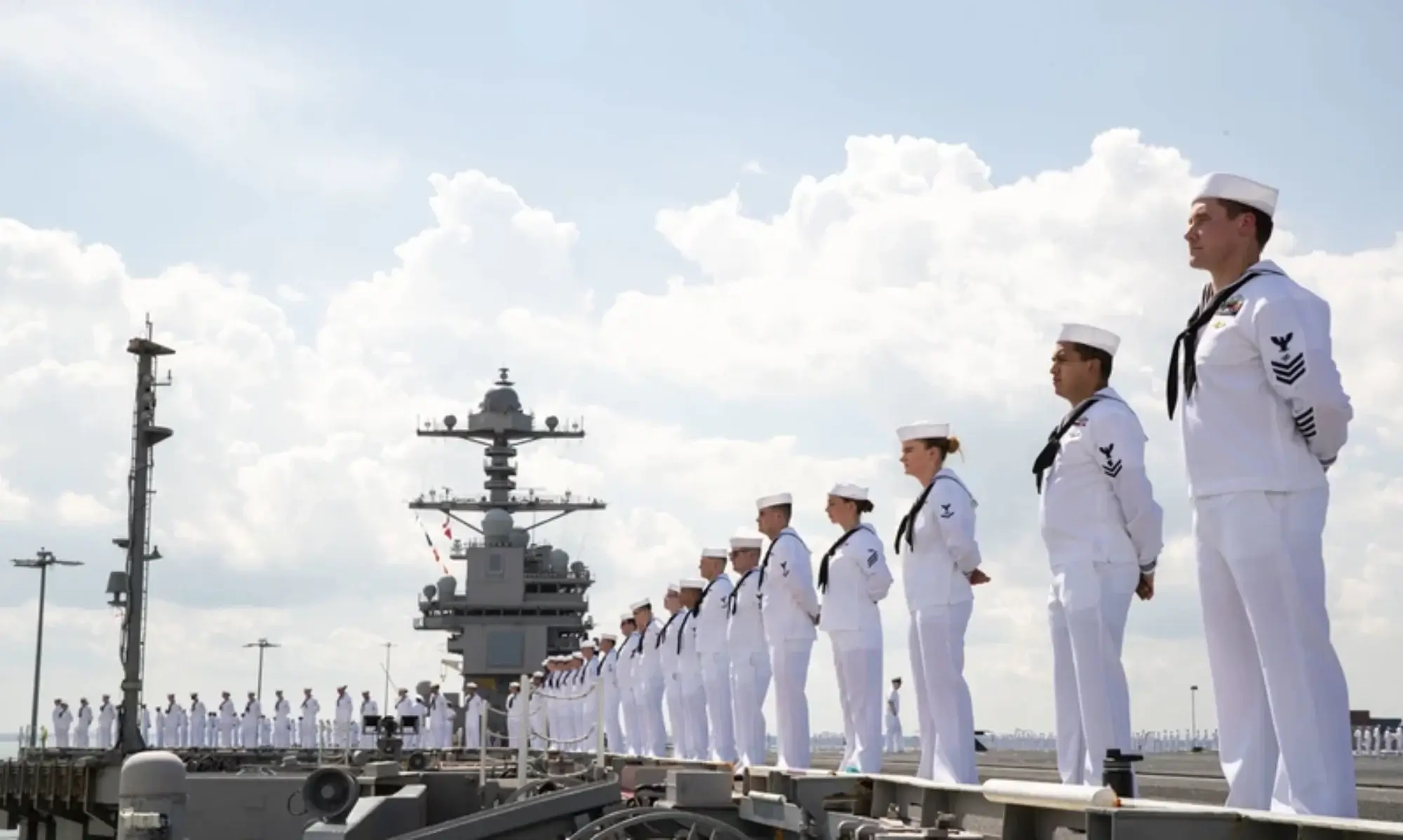
Welcome to ‘Charting the Course: Navigating the Future of American Naval Power’.
Today, we’re honored to welcome Dr. Scott Savitz, a renowned senior engineer at the RAND Corporation.
Dr. Savitz is distinguished for his innovative approaches in leveraging new technologies and tactics to enhance the operational capabilities and resilience of military forces. With a profound commitment to advancing defense strategies, he holds a bachelor’s degree in chemical engineering from Yale University, and a master’s degree and Ph.D. in the same field from the University of Pennsylvania.
As a prominent figure in defense analysis, Dr. Savitz has led pivotal research in areas such as the impact of non-lethal weapons, the integration of uncrewed platforms in military strategies, and the evaluation of military capability gaps in challenging environments like the Arctic. His insightful studies have provided crucial perspectives on strategic investments in emerging technologies by global military powers and the infrastructural needs for testing autonomous systems.
My co-host Dale and I have previously laid the groundwork by introducing key themes and objectives of our series, including an in-depth conversation with Dr. Steven Wills, a respected naval historian and former U.S. Naval officer, in our episode ‘Developing and Implementing Effective U.S. Navy Strategies’.
Dr. Savitz’s analysis on intelligence, threats to U.S. ports, and maritime domain awareness are invaluable for shaping future naval operations. His work also extends to historical insights on warship design and strategies for reducing airbase vulnerabilities. His comprehensive expertise and innovative research have significantly contributed to the understanding and development of contemporary military strategies.
He will delve into the roles of artificial intelligence, big data, and machine learning, guiding us through the complex landscape of modern naval strategies and challenges.
During the session, Dr. Savitz will address the transformative impact of non-lethal weapons and uncrewed vessels on naval warfare and seapower. He will discuss the strategic roles of these technologies in reshaping U.S. Navy tactics amidst global threats and competition.
By examining the integration of advanced systems, such as artificial intelligence and autonomous platforms, Dr. Savitz will highlight how these innovations can offer the Navy a strategic advantage while also considering the associated risks and ethical complexities. Furthermore, he will explore the potential of these technologies to enhance cooperation with international allies and their influence on the Navy’s evolving doctrine and culture. His insights will contribute significantly to the ongoing discussions about the future role of non-lethal and uncrewed technologies in national and global maritime security.

